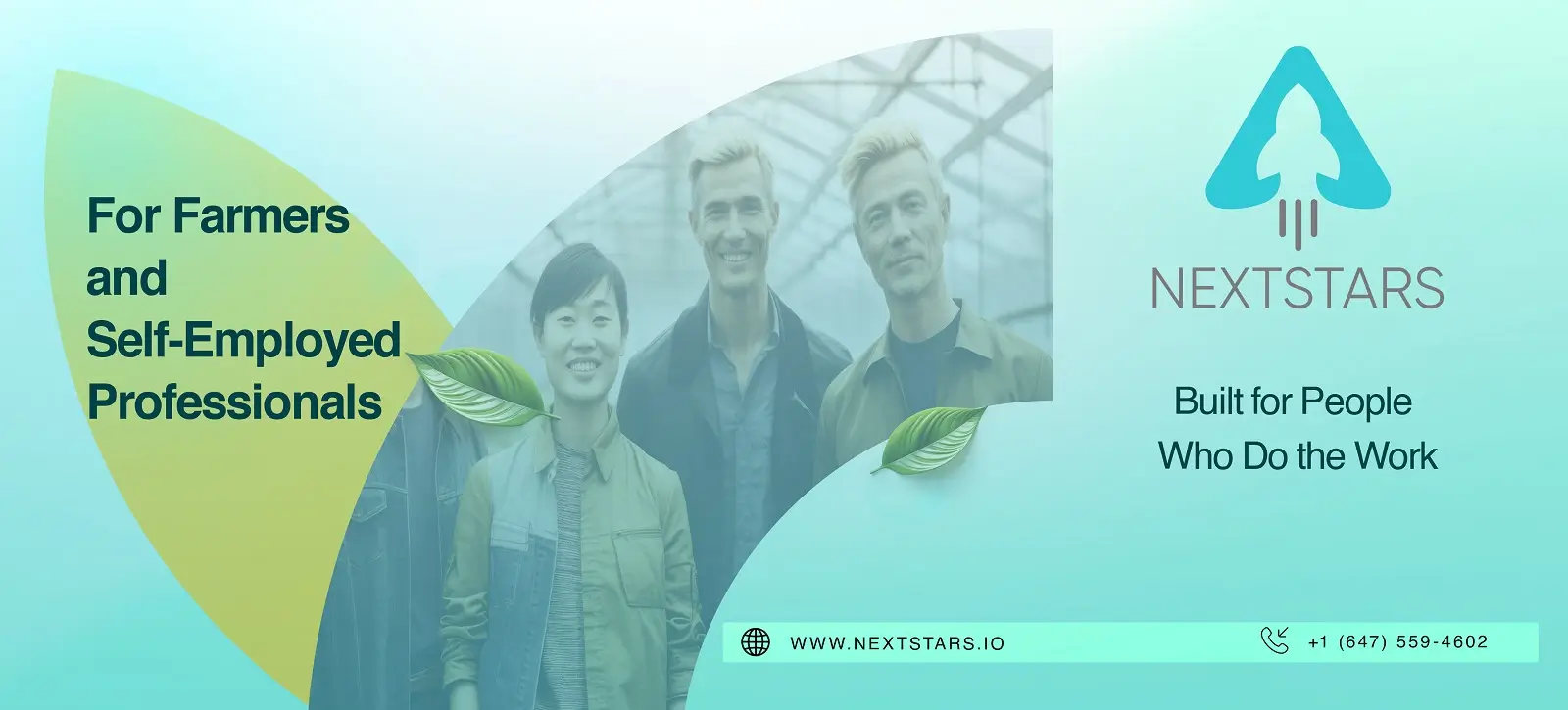Not every entrepreneur fits the startup mold. Some build businesses with their hands, not pitch decks. Across Canada, provincial immigration programs are making space for these builders—farmers, tradespeople, and independent professionals—whose businesses are rooted in practical skills and hard-earned expertise.
These are individuals who may not call themselves entrepreneurs in the traditional sense, but who run lean, resilient operations every day. Canada’s immigration system is recognizing that contribution—and making room for it.

Built for People Who Do the Work
These programs focus on a different kind of experience: hands-on, industry-specific, often outside the urban economy. They are designed for applicants who have run farms, operated as licensed professionals, or built small service businesses from the ground up.
There’s no need for a tech accelerator or a flashy growth model. What matters here is the ability to work independently, manage risk, and contribute directly to Canada’s local economies.
This category is built for:
- Individuals with long-standing experience in agriculture or agribusiness
- Professionals who’ve operated independently for at least two years
- Skilled tradespeople and service providers with a business track record
- Applicants ready to settle in smaller or rural communities
How These Streams Work
These programs strip business immigration down to its fundamentals. Instead of investor capital or executive resumes, they look for three things: proven skill, long-term intent, and operational readiness.
- Net worth thresholds are modest, often around $100K–$500K
- Language requirements are flexible, with some streams using in-person interviews instead of formal testing
- Experience is non-negotiable — applicants must show years of success in their field
- Applicants must operate their business directly, not passively
These aren’t retirement strategies. They’re work-first immigration pathways designed to meet real economic needs.
Program Snapshot
| Stream Name | Net Worth | Path Type | Language | Applicant Profile |
| Alberta – Farm Stream | $500K | Work Permit First | Not Specified | Farm background, detailed business plan, investment into Alberta agriculture |
| Manitoba – Farm Investor Pathway | $500K | Work Permit First | EN/FR Interview | 3+ yrs farm experience, $300K investment, rural settlement required |
| Quebec – Self-Employed Worker | $100K | PR Direct | Interview only | 2+ yrs in a regulated or skilled trade, $25K–$50K deposit, service business or professional practice |
What You’ll Need
Each stream has its own nuances, but the fundamentals hold:
- A business plan tied to your specific skill set
- Proof of self-employment or farm management history
- Liquid capital to launch or acquire a business
- Willingness to live and operate in rural or smaller urban settings
- In some cases, licensure or trade certification
The bar isn’t low—it’s just different. These programs aren’t asking you to reinvent yourself. They’re asking you to keep doing what you do best, in a country that needs it.
Why These Programs Matter
Canada’s economy depends on more than startups and corporate expansion. It needs working farms, skilled trades, and independent services. These immigration pathways are a quiet acknowledgment of that fact—and a meaningful opportunity for those with the grit and track record to deliver.
In the final article of this series, we’ll explore a different kind of frontier: the programs built for entrepreneurs who are ready to put down roots in Canada’s smaller cities and communities, where business opportunity is often matched by lifestyle and longevity.





